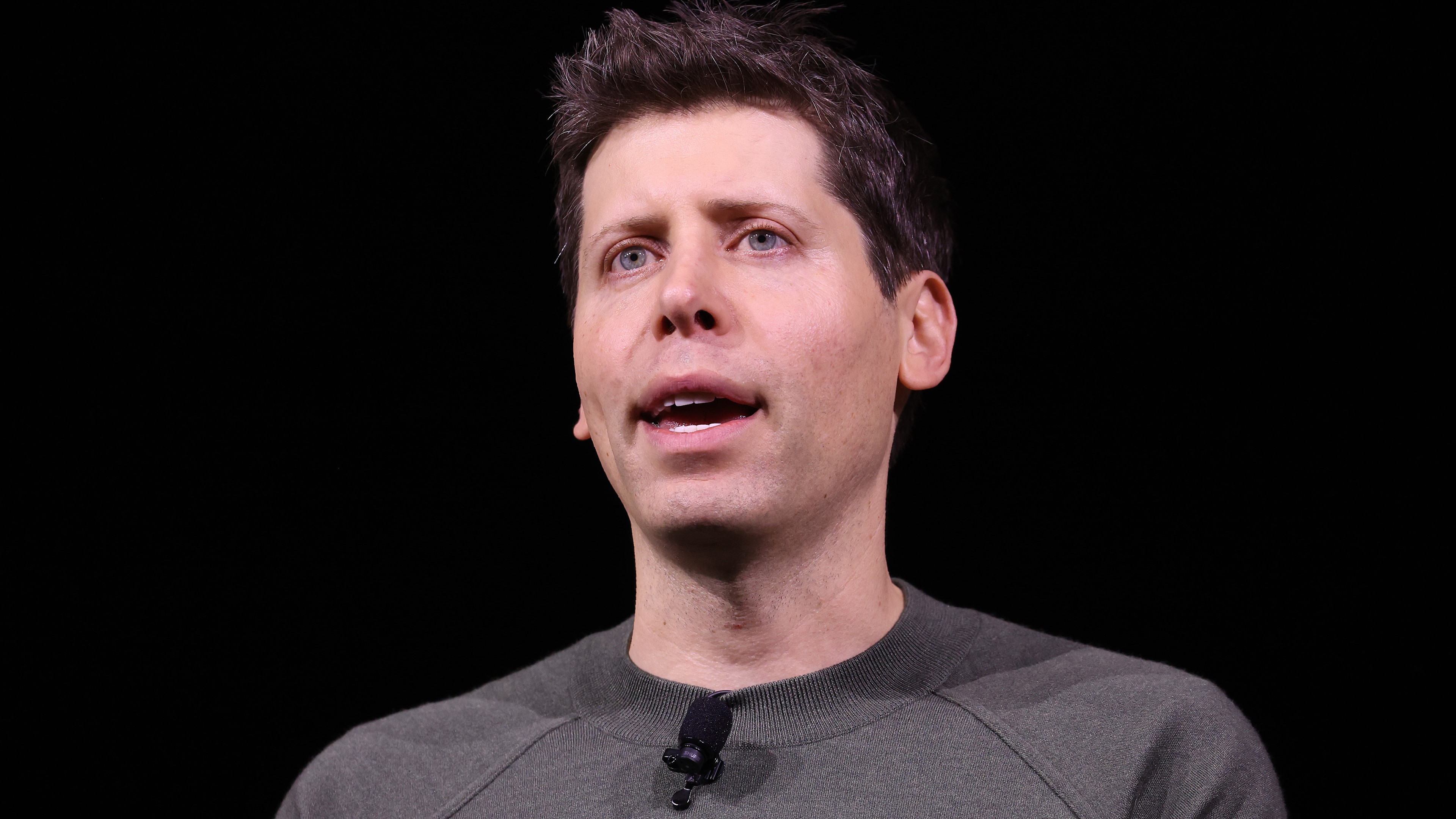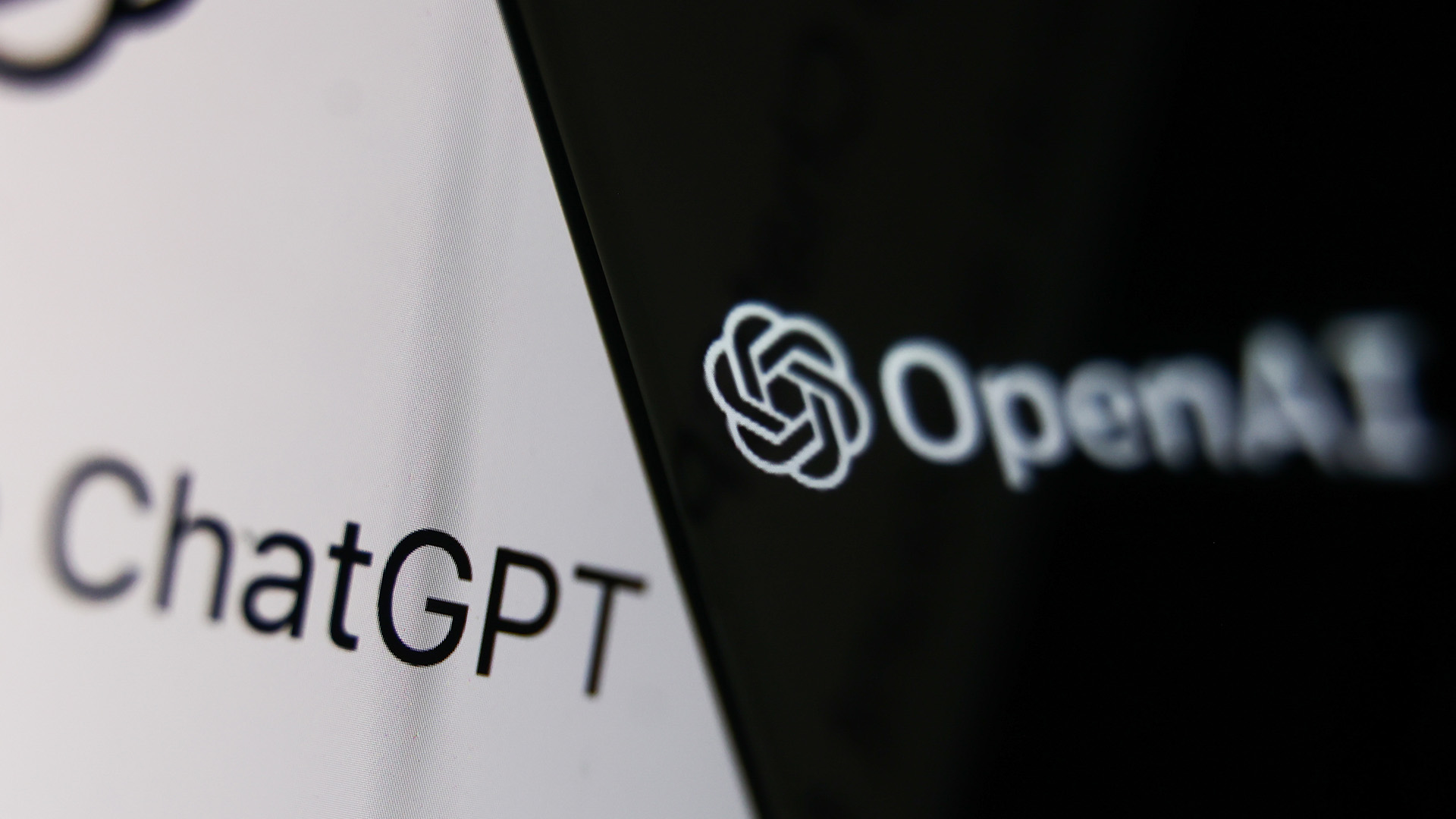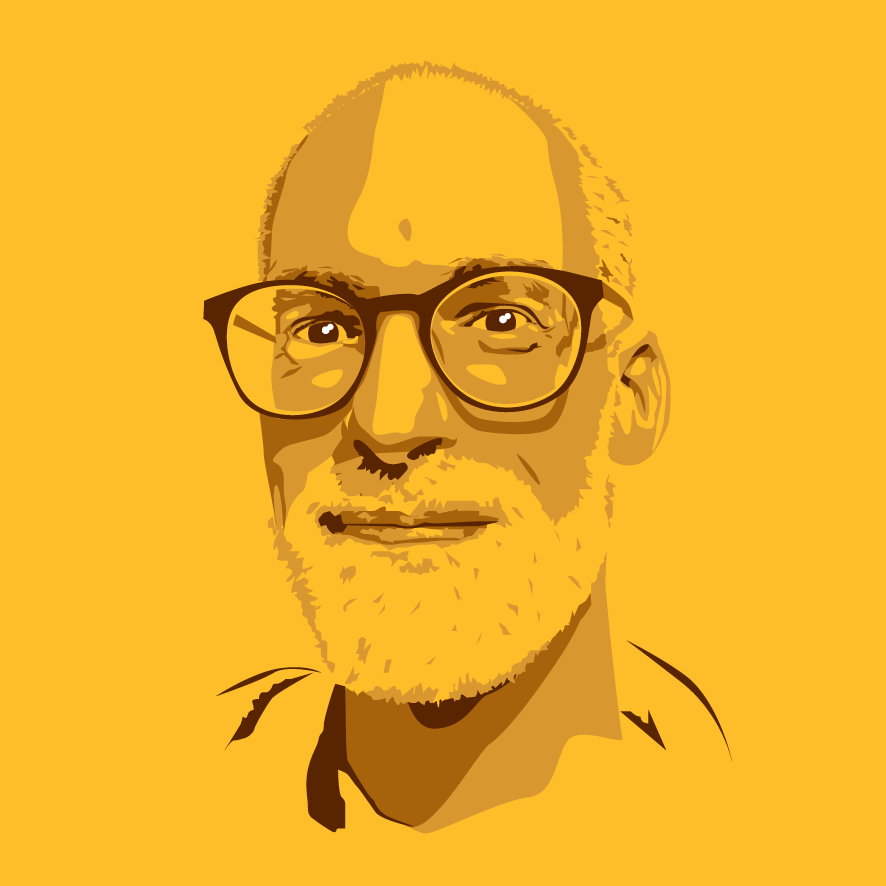OpenAI's CEO vision of humanity's AI-powered glorious future: 'Fixing the climate, establishing a space colony, and the discovery of all of physics'
Some of you may be unemployed in the future but it's a sacrifice that AI is willing to make.

There's nothing innately newsworthy about a technology boss promoting the benefits of their products but when the CEO of the company behind ChatGPT reckons that deep learning will lead humanity into a new Age, solve climate change, and discover all of physics then it's certainly worth raising an eyebrow, at least.
I am, of course, talking about Sam Altman of OpenAI, who is perhaps the most vocal proponent of artificial intelligence at the moment. His latest musings (via The Verge), though, do read more like a piece of science fiction than a detailed breakdown of what the future holds for deep learning.
One expects a CEO to be ebullient about their product and make lofty but ambiguous claims, but Altman is taking things another step beyond all of that. "I believe the future is going to be so bright that no one can do it justice by trying to write about it now," says Altman, before going on to do just that.
His first claim is that AI will ultimately usher us all into a new era of human history—just as the Industrial Age gave way to the Information Age, Alman reckons it'll be the Intelligence Age soon enough, all thanks to deep learning.
"Technology brought us from the Stone Age to the Agricultural Age and then to the Industrial Age. From here, the path to the Intelligence Age is paved with compute, energy, and human will," he writes, though I believe he may have forgotten to add the phrase 'obscene amount of cash' somewhere in those final parts.
Altman goes on to cheer us all into the future: "The dawn of the Intelligence Age is a momentous development with very complex and extremely high-stakes challenges. It will not be an entirely positive story, but the upside is so tremendous that we owe it to ourselves, and the future, to figure out how to navigate the risks in front of us."
Wait a second. Not an entirely positive story? That doesn't sound especially encouraging to me, but fear not, OpenAI's CEO is certain it'll all be worth it.
Keep up to date with the most important stories and the best deals, as picked by the PC Gamer team.
"Although it will happen incrementally, astounding triumphs—fixing the climate, establishing a space colony, and the discovery of all of physics—will eventually become commonplace. With nearly-limitless intelligence and abundant energy—the ability to generate great ideas, and the ability to make them happen—we can do quite a lot."
Well, I guess it's good to know that AI will ultimately fix a problem that it's actively contributing to right now and I'm absolutely, 100% sure that physicists around the world will be overjoyed to know that discovering all of it will become commonplace. Perhaps a little less happy about becoming redundant but Altman's aware of that issue too.
"As we have seen with other technologies, there will also be downsides, and we need to start working now to maximize AI’s benefits while minimizing its harms… Many of the jobs we do today would have looked like trifling wastes of time to people a few hundred years ago, but nobody is looking back at the past, wishing they were a lamplighter."
Now, I would like to make it clear that I'm certainly not a crusty old Luddite who eschews modern computing and technology, and I'm not against AI—I fully recognise what the potential of deep learning is.

What is artificial general intelligence?: We dive into the lingo of AI and what the terms actually mean.
But at the same time, I don't think that the use of complex neural networks will magically overcome everything that currently prevents us from fixing the climate, having space colonies, and discovering everything about the universe.
Such things aren't resolvable by simply throwing more compute at them, even though AI is making progress in the exceptionally hard task of counting letters. I do not doubt that it will all get better but I'd prefer to see pie-in-the-sky dreams to be kept to one side and tech leaders concentrate on reining in the burgeoning cost of AI, for example.
Altman's vision of the future could be prophetic or just pathetic—I lack sufficient insight into all of the inner workings to know for sure—but given how much the tech world loves AI, this isn't the last we'll hear from him on the subject. And that's my vision of the future.

Nick, gaming, and computers all first met in the early 1980s. After leaving university, he became a physics and IT teacher and started writing about tech in the late 1990s. That resulted in him working with MadOnion to write the help files for 3DMark and PCMark. After a short stint working at Beyond3D.com, Nick joined Futuremark (MadOnion rebranded) full-time, as editor-in-chief for its PC gaming section, YouGamers. After the site shutdown, he became an engineering and computing lecturer for many years, but missed the writing bug. Cue four years at TechSpot.com covering everything and anything to do with tech and PCs. He freely admits to being far too obsessed with GPUs and open-world grindy RPGs, but who isn't these days?

